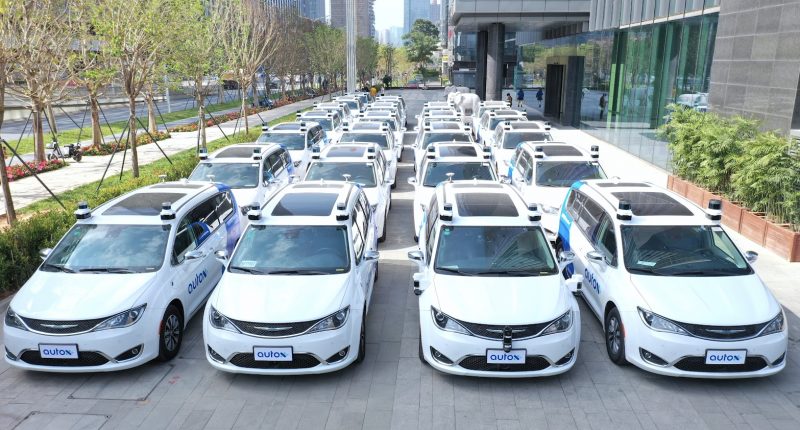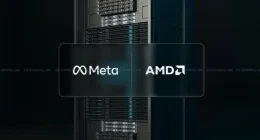AutoX, the Alibaba-backed tech company which develops AI for autonomous vehicles, announced on Thursday that it has rolled out fully driverless RoboTaxis on roads of downtown Shenzen. This makes the company the first to launch a fleet of autonomous vehicles which aren’t accompanied by safety drivers or remote operators in China.
The AutoX driverless RoboTaxis are equipped with the company’s latest 5th generation system to support autonomous vehicle deployment in urban settings. The rollout of the RoboTaxis with the company’s latest sensing system in China, makes it the first hardware-ready, fully driverless RoboTaxi fleet in Asia.
According to the company, its new generation system comes with upgraded sensing technology. The upgraded system, the company says, can “handle the densest and most complex traffic scenarios such as when pedestrians, fast cyclists, and small pets interact at close range to the vehicle simultaneously.”
The system which makes full autonomy of the vehicle possible is comprised of multiple sensors and cameras. It uses a combination of AutoX custom designed ultra high-resolution cameras, two Light Detection and Ranging (LiDAR) sensors placed on both sides of the vehicle and 4D RADAR sensors.
The company says that it has blind spot sensing suites placed on all sides of the vehicle, which help get rid the chances of any undetected physical events occurring close to the car. This, paired with the other sensors creates a “multi-sensor fusion surround vision” which can detect even small objects in the blind spots.
Before rolling out the fully autonomous fleet, the company stress tested its driverless cars in Shenzhen for the past half a year. AutoX has been testing 25 driverless RoboTaxis in the city, and five more vehicles in other cities in the world.
The idea of fully autonomous self-driving cars has been around from a long time now, but achieving it has been a big challenge, even to companies like Tesla and Google (even though Elon Musk says he is very close). The Vox article titled “It’s 2020. Where are our self-driving cars?” outlines how the predictions around driverless cars which were made a few years ago have turned out to be wrong.
AutoX has achieved an impressive feat. The first rollout of fully autonomous vehicles brings us a step closer to the future we were promised but was never truly delivered.
The company also appears to be very confident in its technology, as it claims that its AutoX Driver platform is capable of handling the densest and most dynamic traffic conditions in urban cities around the world. Though the biggest test for the cars would be to see how they perform in the long-term, which will determine how safe they are on the road.
The Chinese tech company was founded in 2016 by Dr. Jianxiong Xiao, a self-driving technologist from MIT and Princeton University. Some of the company’s top investors include Capital Today, Alibaba AEF, Dongfeng Motor, Shanghai, Motors, and MediaTek.
AutoX says that it’s “Democratizing Autonomy” by providing universal access to transportation of people and goods. AutoX was the third company to receive a driverless permit California Department of Motor Vehicles. The company has already deployed more than 100 RoboTaxis in Shanghai, Shenzhen, Wuhan, and many other cities.
The Tech Portal is published by Blue Box Media Private Limited. Our investors have no influence over our reporting. Read our full Ownership and Funding Disclosure →






